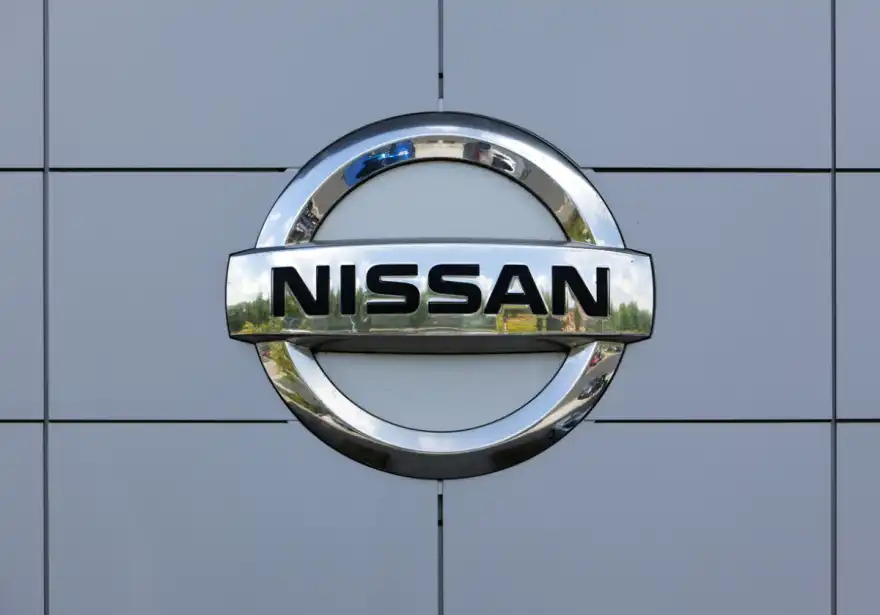
Nissan just issued a major warning to the government, saying that targets for zero-emission cars could have an "irreversible impact" on the UK's car industry. The Japanese automaker raised concerns after crisis talks with ministers, stating that strict electric vehicle (EV) quotas could cost thousands of jobs and billions in investments.
In the middle of these talks, Ford announced plans to cut 4,000 jobs across Europe, including 800 in the UK, as EV sales continue to struggle.
Despite these alarming warnings, the government pushed ahead with its green targets, making it clear they plan to stick with their proposal. Nissan’s Guillaume Cartier stated 'It risks undermining the business case for manufacturing cars in the UK, and the viability of thousands of jobs and billions of pounds in investment.
He continued "We now need to see urgent action from the Government by the end of the year to avoid a potentially irreversible impact on the UK automotive sector."
Nissan employs 7,000 people in the UK, including 6,000 at its massive Sunderland plant. Overall, the UK car sector supports nearly 200,000 jobs, with hundreds of thousands more in the supply chain. Nissan's concerns add to the uncertainty in the UK’s auto sector, especially after Vauxhall's parent company, Stellantis, threatened to close plants if the quotas go through.
The Zero Emissions Mandate requires car manufacturers to ramp up electric vehicle sales each year, with fines for missing targets. This year, 22% of car sales and 10% of van sales must be electric. However, many companies fear they won't hit these targets, and the Society of Motor Manufacturers & Traders (SMMT) has warned that companies may fall short, facing hefty fines.
Meanwhile, Labour is pushing to ban petrol and diesel cars by 2030—five years earlier than the government's current target. Though automakers support the move to Net Zero, the lack of demand for electric vehicles is making it harder to justify the massive investments required. Consumers are deterred by high prices and a lack of charging infrastructure, which OpenReach’s CEO described as “insufficient and unreliable.”
Industry leaders had hoped that the government would soften the mandate or offer more incentives to ease the transition, but it doesn’t look like they will get much relief. Key automakers like BMW, Volkswagen, Ford, and Toyota attended the talks, along with charging companies, but concerns remain about the speed of the EV shift and how it could impact UK manufacturing.
Ford also revealed plans for cost-cutting measures in response to weak demand for electric vehicles. Most of the job cuts will affect administrative or product development roles, with Ford’s UK plants largely unaffected. Dave Johnston, Ford's head of transformation in Europe, emphasised the need to take tough action to stay competitive.
As the UK car industry navigates these challenges, Mike Hawes, CEO of SMMT, reiterated, "Today's discussion with ministers was an important opportunity to restate the UK automotive industry's commitment to both economic growth and Net Zero.
"However, the industry also made clear its concerns about the pace of the EV transition and the negative effect this is having on the health of the overall market and the attractiveness of the UK as a manufacturing location."



